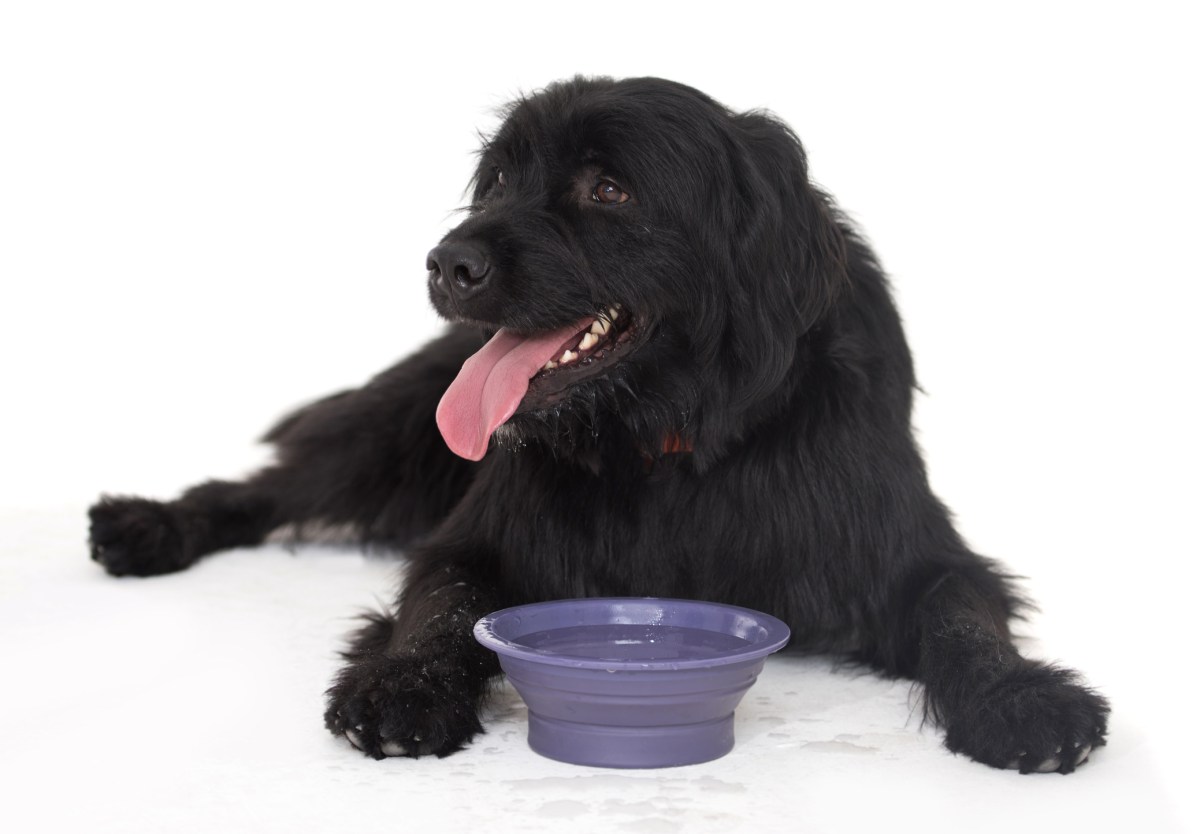Summer can take a toll on our furry friends in unexpected ways. We’ve asked Leigh Wixson, Licensed Veterinary Technician and Animal Shelter Supervisor at the Town of Smithtown Animal Shelter, to weigh in on some common questions.
Do pets’ appetites decrease in hot weather? If your pet won’t eat at all, call your vet, but a decrease is perfectly normal in extreme heat. Fun frozen treats made with watermelon, banana and peanut butter treats can help your pet feel more comfortable and entice a little eating, or blend canned food and water and freeze. Some pets (cats included) enjoy ice cubes too.
How much time outside is safe? If there is plenty of shade and water, they may do well for hours, with observation. Unattended pets should never be left more than 10 minutes in extreme heat. The highest risk pets are the very young, the very old, short nosed or brachycephalic breeds (pugs, bulldogs, etc.), obese pets and those with respiratory or cardiac problems. Watch for excessive panting or drooling, bright gums, or skin that is hot to the touch.
What should people do for an animal in distress? Get to the vet immediately. Gently cool the pet by putting them in shade or in an air-conditioned environment and try to get them to drink cool water but do not force it. Put cool water on their body and feet but do not use extreme cold as you can shock their bodies (aim for about 70 degrees at first).
Other than onions, chocolate, or grapes, what summer foods should people avoid giving their pets? If your dog is the type to steal food, lock them up when you have company. If they investigate everything by putting it in their mouth, make sure you are with them when they interact with new things in their environment. Sand, when eaten, can cause significant damage to the lining of the GI tract and some dogs may try to drink salt water so be sure to keep an eye out.
Any other recommendations? Mosquitoes can carry heartworm disease so make sure your pet is on heartworm prevention. Dogs are susceptible to all insect bites, flies, ants and the like. Bee stings and spider bites can cause facial swelling and hives in your pets just as they can in humans. Also, your pet should have a life vest and/or be with you in and around the pool. And do not walk/run your dog when temps are over 80 or humidity is high. Their feet are their only source of sweat and they use panting to cool down. If they damage their feet with burns, they compromise their ability to cool down.
Sign up for Long Island Press’ email newsletters here. Sign up for home delivery of Long Island Press here. Sign up for discounts by becoming a Long Island Press community partner here.

































